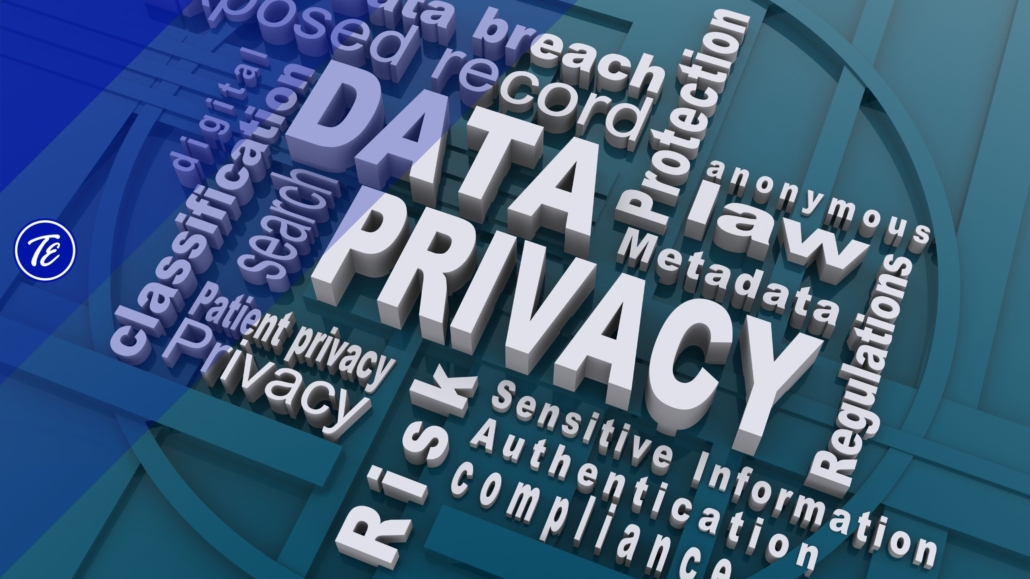Effective privacy management
5 best practices for effective workplace privacy management
Privacy management is a critical concern for businesses of all sizes. With the increasing frequency and severity of data breaches and cyber attacks, protecting sensitive information has become a top priority for businesses across all industries. Di conseguenza, la gestione efficace della privacy è diventata una componente essenziale delle operazioni sul posto di lavoro.

Workplace privacy management has become a very important aspect at a time when personal and sensitive data has become a valuable resource for companies. Information can be collected in an unauthorised manner or misused and may cause significant harm to the individuals concerned, businesses and society as a whole. To protect sensitive information, companies must implement policies and procedures to ensure data privacy and sensitive information.
Importance of effective privacy management
Effective privacy management is important for several reasons. First, implementing privacy management practices ensures that sensitive information is protected from unauthorized access or misuse. Secondly, companies that do not comply with privacy regulations may be subject to penalties and fines. Third, a privacy breach can damage the reputation of the company and the trust of customers.
Legal and regulatory requirements for privacy management
Companies must comply with privacy laws and regulations to protect the sensitive information of their users and customers. In Italy, privacy laws are defined by the Privacy Code and the General Data Protection Regulation (GDPR) of the European Union. The Privacy Code sets out the rules for the collection, storage and use of personal data, while the GDPR sets out the rules for the processing of personal data within the European Union. Companies that do not comply with these laws may be subject to penalties and fines.
1: implementation of a comprehensive privacy policy
A comprehensive privacy policy is essential for effective management of privacy in the workplace. The policy must be written in a clear and precise manner and must define rules for the collection, storage and use of sensitive information. In addition, the policy must define procedures for notifying and responding to privacy breaches. The policy must be distributed to all employees and must be periodically reviewed and updated.
2: employee training on privacy practices
Regular employee training on privacy practices is another effective practice for managing privacy in the workplace. Training should be provided to all employees, especially those working with sensitive information. Training must include the importance of privacy, the company’s privacy rules, procedures for notifying and responding to privacy violations. Training should be provided to the intake and periodically reviewed.
3: privacy audits and risk assessments
Conducting regular privacy audits and risk assessments is another effective practice for managing privacy in the workplace. Privacy audits and risk assessments help identify areas of vulnerability and develop risk mitigation plans. The privacy audit may include reviewing the company’s privacy policy, security procedures, employee training, and data management. Risk assessments can identify areas of vulnerability and develop plans to mitigate risks.
4: use of sensitive data protection technology
Using technology is another effective practice for managing privacy in the workplace. Businesses can use technologies like data encryption, firewalls, and antivirus to protect sensitive data. In addition, companies can use privacy management software to monitor data usage and identify suspicious activities. Technology can help businesses improve data security and mitigate privacy risks.
5: an appropriate response to any privacy breaches
Responding appropriately to privacy breaches is another effective practice for managing privacy in the workplace. Companies must have procedures to notify privacy breaches, investigate breaches and respond to issues. In addition, companies must identify the causes of privacy breaches and develop plans to mitigate risks. Appropriate response to privacy breaches helps protect sensitive information and ensure compliance with privacy laws.
Conclusion
In conclusion, privacy management has become a critical concern for businesses of all sizes. Breach of privacy can cause significant harm to data subjects, businesses and society as a whole, so privacy management must be a priority for all companies. Implementing best practices for privacy management, such as implementing a comprehensive privacy policy, regular employee training, conducting privacy audits and risk assessments, By using technology to protect sensitive data and responding appropriately to privacy breaches, companies can protect sensitive information and ensure compliance with privacy laws.
